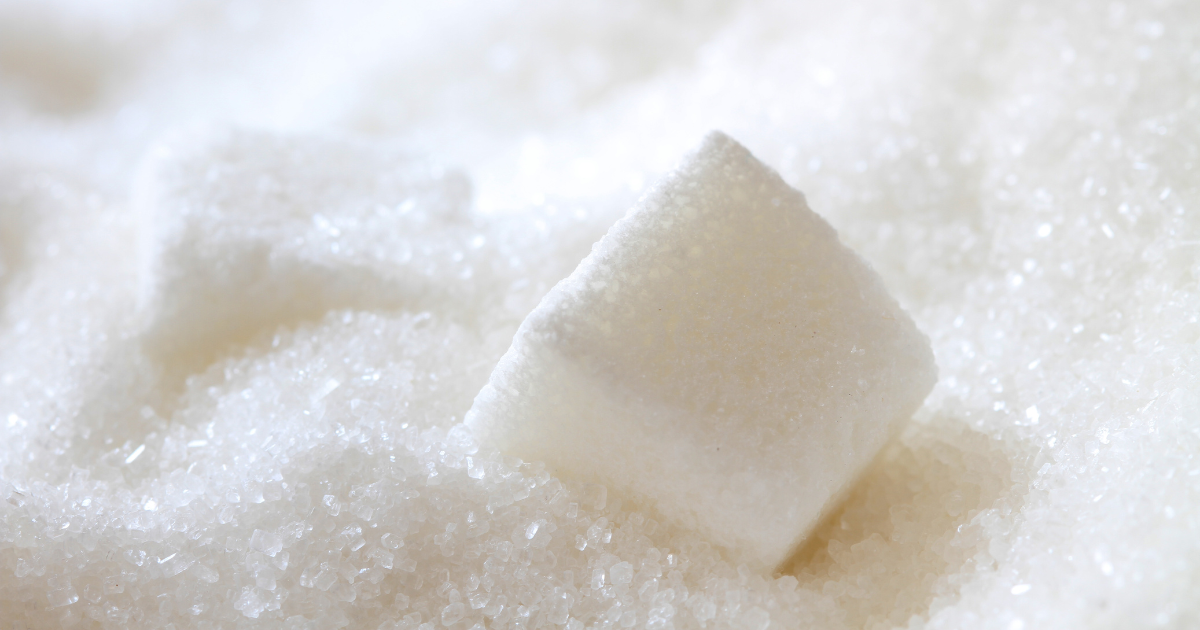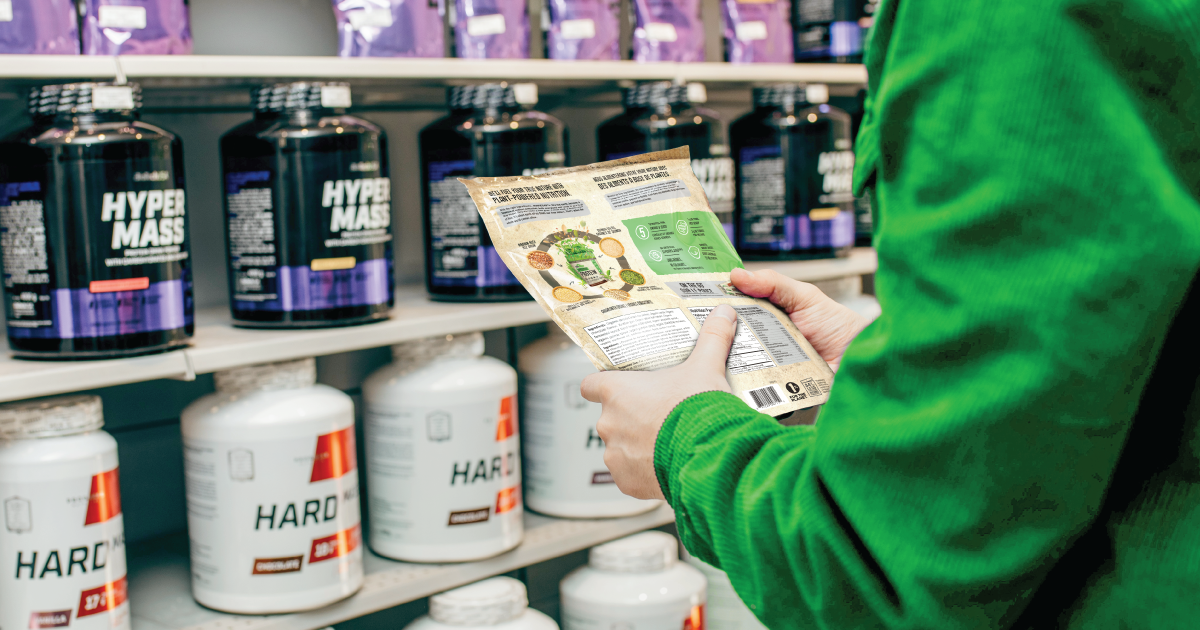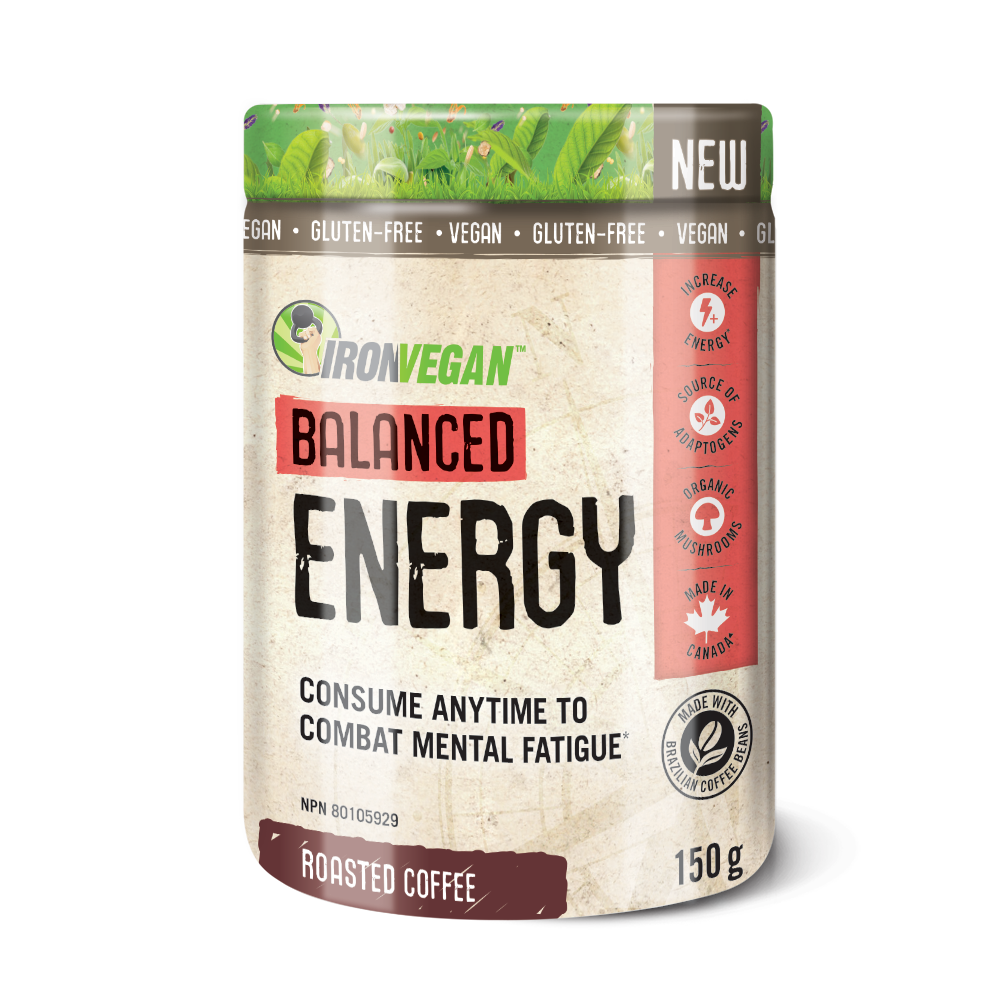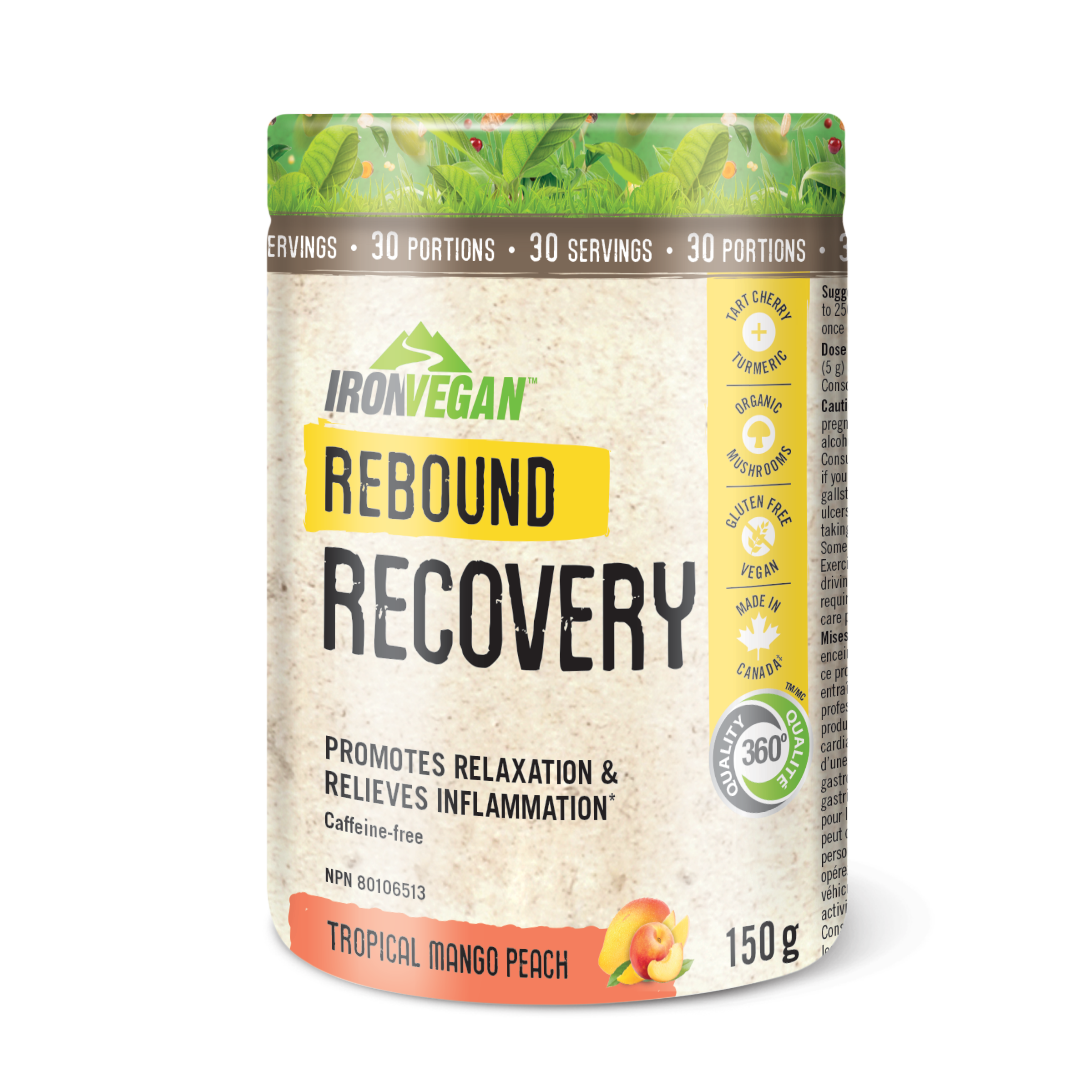Don’t Sugar Coat It: The Good and Bad Types of Sugar
How They Affect Our Body and What to Look for on Labels
Sugar is a common ingredient in many foods and beverages, but not all sugars are created equal. While sugar is not “bad,” certain kinds of sugar can make us feel better and contribute to our overall health. Understanding the differences between these types of sugar, their effects on our bodies, and how to read food labels can help us make healthier choices.
So without sugar coating it, let’s get to the sweet talk:
How Sugar Affects Our Body
Energy Levels and Mood
Sugar provides a quick source of energy because it is rapidly absorbed into the bloodstream. However, the energy boost from simple sugars is often short-lived, leading to a rapid spike in blood sugar levels followed by a crash, which can result in fatigue and irritability.
Metabolic Health
Consuming high amounts of added sugars can lead to insulin resistance, a condition where the body's cells do not respond properly to insulin. This can increase the risk of developing type 2 diabetes. Additionally, high sugar intake is associated with increased triglycerides and LDL cholesterol levels, contributing to heart disease risk.
Different Kinds of Sugar
Naturally Occurring Sugars
AKA Good Sugars: These are sugars found naturally in whole foods like fruits, vegetables, and dairy products. They come with a package of essential nutrients, fibre, and antioxidants. Naturally occurring sugars provide energy and are accompanied by other beneficial nutrients. For example, fruits not only offer fructose but also provide vitamins, minerals, and fibre, which aid in digestion and help regulate blood sugar levels.
Examples of naturally occurring sugars:
- Fructose: Found in fruits and honey.
- Lactose: Found in milk and dairy products.
Added Sugars
AKA Not-So-Good Sugars: These sugars are added to foods and beverages during processing or preparation. They contribute to extra calories without providing essential nutrients and can lead to various health issues. Added sugars can lead to increased risk of chronic diseases like type 2 diabetes, heart disease, and dental problems, among others.
Examples of added sugars:
- Sucrose: Common table sugar, derived from sugarcane or sugar beets.
- High Fructose Corn Syrup (HFCS): A sweetener made from corn starch that is widely used in processed foods and beverages.
How To Make Better Sugar Choices
Besides ensuring your diet is rich in whole foods including food and veggies, many people find themselves reaching for packaged foods due to their ease of access and convenience. And that’s okay! But if you’re looking to manage your sugar intake, or want to make healthier choices overall, understanding food labels is crucial. Here’s what to look for:
- How The Ingredients List Is Structured: Ingredients are listed in descending order by weight. If sugar or its aliases (e.g., high fructose corn syrup, cane sugar, honey, maple syrup, etc.) appear near the top, the product is likely high in added sugars.
- What The Nutrition Facts Panel Says: Look at the “Total Sugars” and “Added Sugars” sections. The American Heart Association recommends that women limit added sugars to no more than 25 grams (6 teaspoons) per day and men to no more than 36 grams (9 teaspoons) per day.
Aliases for Sugar: Red Flags to Look for on Food Labels
Be aware of different names for sugar that might appear on labels, such as:
- Agave nectar
- Corn syrup
- Dextrose
- Maltose
How To Make Healthier Choices
Choose Whole Foods:
Opt for whole, unprocessed foods that contain naturally occurring sugars, such as fruits and vegetables, over processed foods with added sugars.
Limit Sugary Beverages:
Beverages like soda, sweetened teas, and energy drinks are significant sources of added sugars. Choose water, herbal teas, or milk instead.
Read Labels:
Get into the habit of reading food labels to identify and limit foods high in added sugars. For example, other plant-based protein powders may have more sugar than you think! Luckily, Sprouted Protein contains NO added sugar, in addition to a number of natural, organic, non-gmo, certified vegan, real-food ingredients.
Choose Natural Sweeteners:
When you need to sweeten foods, consider using small amounts of natural sweeteners like honey or maple syrup.
Prepare Homemade Meals:
Cooking at home allows you to control the ingredients and reduce the amount of added sugars in your diet.
Understanding the differences between naturally occurring and added sugars, and how they affect our bodies, is essential for making healthier dietary choices. By reading food labels carefully and choosing whole, nutrient-dense foods, we can manage our sugar intake effectively and maintain better overall health.
References
Harvard T.H. Chan School of Public Health. (n.d.). The Nutrition Source: Carbohydrates. Retrieved from https://www.hsph.harvard.edu/nutritionsource/carbohydrates/
Mayo Clinic. (n.d.). Added sugar: Don't get sabotaged by sweeteners. Retrieved from https://www.mayoclinic.org/healthy-lifestyle/nutrition-and-healthy-eating/in-depth/added-sugar/art-20045328
American Heart Association. (n.d.). How much sugar is too much? Retrieved from https://www.heart.org/en/healthy-living/healthy-eating/eat-smart/sugar/how-much-sugar-is-too-much
National Institute of Diabetes and Digestive and Kidney Diseases. (n.d.). Health Risks of Being Overweight. Retrieved from https://www.niddk.nih.gov/health-information/weight-management/health-risks-overweight
Centers for Disease Control and Prevention. (n.d.). Insulin Resistance and Prediabetes. Retrieved from https://www.cdc.gov/diabetes/basics/insulin-resistance.html
American Heart Association. (n.d.). Sugars and Carbohydrates. Retrieved from https://www.heart.org/en/healthy-living/healthy-eating/eat-smart/sugar/sugars-and-carbohydrates








